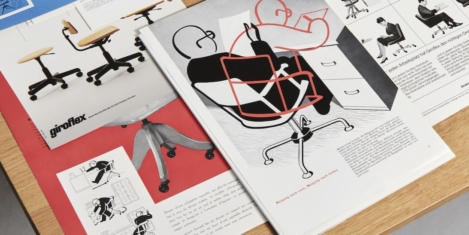October 18, 2022
Three tips for battling noise in the workplace
Offices have been reopening and trying to entice employees back for a while now. And while many people have thrived while working from home, the return to office has been a welcome change, with staff missing in-person interactions with their clients and colleagues. However, as people have become accustomed to the relative quiet at home (kids excluded, of course), being thrust back into an office setting could take some getting used to. Research shows 56 percent of office workers are concerned that noise levels in the office will make them less productive. Between colleagues chatting over each other, desk-phones ringing, and impromptu virtual calls, there are a range of distractions staff must contend with. (more…)



































September 23, 2022
The Great Workplace Debate continues to improve (mostly)
by Mark Eltringham • Comment, Flexible working, Wellbeing, Workplace design